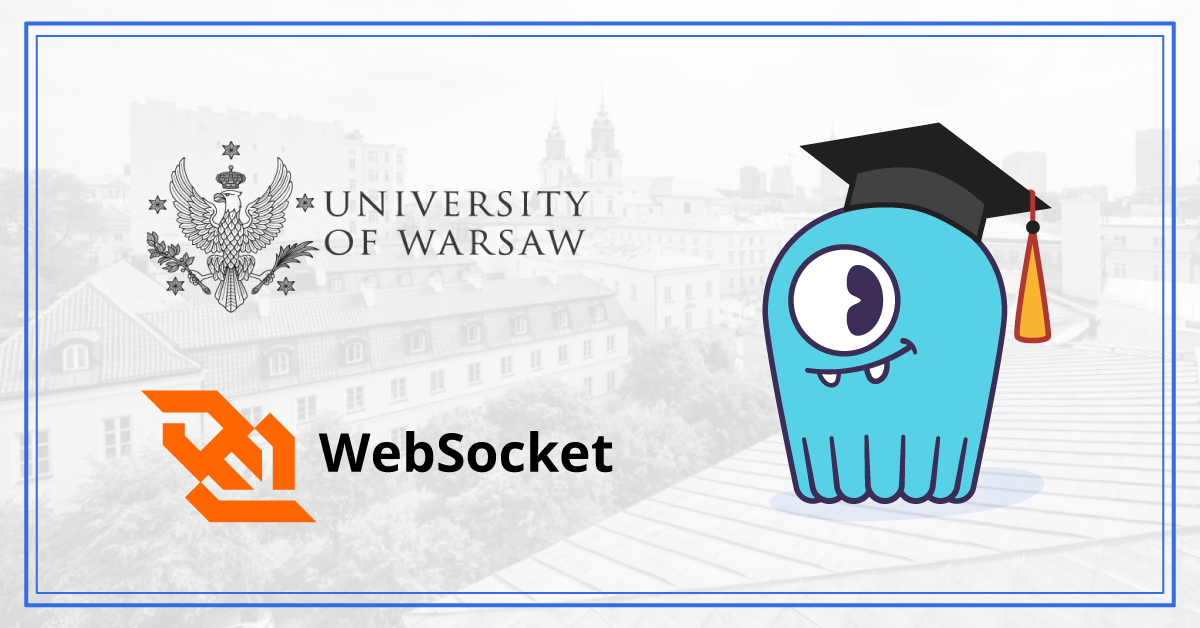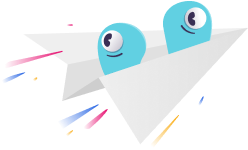
Get involved with the ScyllaDB community – via forums, open source contributions, events & more – and help shape the future of ScyllaDB
ScyllaDB was created from the get-go as an open-source, community-driven solution. Across the wide and dynamic landscape of modern databases, ScyllaDB stands out as a high-performance, distributed NoSQL database – especially when single-digit millisecond latency and high scalability are required. A big part of this success can be attributed to a thriving open-source community that plays a crucial role in shaping and enhancing this cutting-edge technology.
Being open-source also has a strong impact on our company culture, but that’s a topic for a different post.
The ScyllaDB community is vibrant and growing. Our Slack Channel has thousands of users. Our Community Forum, launched last year, has become the go-to place for meaningful conversations.
No matter how you prefer to engage, we welcome discussions, bug reports, fixes, feature contributions, feature requests, documentation improvements, and other ways to make ScyllaDB even faster, more flexible, and more robust.
Say hello & share how you’re using ScyllaDB
How to Get Involved
The community, which comprises developers, engineers, users, and enthusiasts from around the globe, actively contributes to ScyllaDB’s growth and evolution of the database. The collaborative nature of open source allows for diverse perspectives and expertise to come together for continuous improvements and valuable innovations.
Here are a few ways to get involved:
- Ask your questions, provide feedback, and share how you’re using ScyllaDB on the community forum. See more about the Forum below.
- Join our Slack Channel.
- Watch the ScyllaDB tag on StackOverflow.
- Follow us on X or LinkedIn.
- Register for ScyllaDB University for free self-paced learning material.
- Check out the source code, report bugs, and send pull requests on GitHub. 🙂
- Join us at the upcoming ScyllaDB Summit or at other events.
There are also online communities in languages beyond English, as well as related open-source projects: the Seastar framework, the ScyllaDB Monitoring Stack, the Kubernetes ScyllaDB Operator, the Go CQL Extension (GoCQLX) driver, and more.
ScyllaDB Community Forum
It’s been a bit over a year since we went live with the ScyllaDB Community Forum. We chose Discourse as the underlying platform.
ScyllaDB developers actively participate in forum discussions, offering insights, addressing technical queries, and providing updates on the latest features and developments. This direct interaction between the community and the core development team fosters a sense of transparency and collaboration, enhancing the product and the overall user experience.
Here is a taste of some popular topics. You can see many more discussions on the forum itself.
Popular ScyllaDB Forum Topics
The differences between column families in Cassandra’s data model compared to Bigtable
In this discussion, a user is seeking clarification on the relationship between Cassandra’s column-family-based data model and Google’s Bigtable. The user notes the multi-dimensional sparse map structure in Bigtable, where data is organized by rows, columns, and time.
The explanation is that, initially, Cassandra’s data model was indeed based on Bigtable’s, where a row could include any number of columns, following a schema-less approach. However, as Cassandra evolved, the developers recognized the value of schemas for application correctness. The introduction of Cassandra Query Language (CQL) around Cassandra version 0.8 marked a shift towards a more structured approach with clustering keys and schemas.
The response emphasizes the importance of clustering keys, which define the structure within wide rows (now called partitions). Cassandra internally maintains a dual representation, converting user-facing CQL rows into old-style wide rows on disk.
Listing all keyspaces in a ScyllaDB (or Cassandra) cluster
The topic deals with retrieving a list of all existing keyspaces in a cluster. This is useful, for example, when a user forgets the keyspace name they previously created. The provided answer suggests using the CQL Shell command DESC KEYSPACES or DESCRIBE to achieve this. This command works identically for both ScyllaDB and Cassandra, and additional information can be found in the documentation.
The best way to fetch rows in ScyllaDB (Count, Limit, or paging)
There are different ways to query data to fetch rows. The discussion lists some examples of how and when to use each method.
The user is utilizing ScyllaDB to limit users’ actions within the past 24 hours, allowing only a specific number of orders. They use ScyllaDB’s TTL, count records, and employ the Murmur3 hash for the partition key. The user seeks advice on the most efficient query method, considering options like COUNT(), LIMIT, and paging.
The response emphasizes the importance of always using paging to avoid latency and memory fragmentation. It suggests using LIMIT with paging, highlighting potential issues with the user’s initial approach.
Community Forum vs. Slack
Both the Community Forum and Slack serve as valuable communication channels within the ScyllaDB community, but they cater to different needs and scenarios.
When should you use each one? Here are some tips.
ScyllaDB Community Forum
Technical Discussions
- When to Use: For in-depth technical questions, discussing specific features, or getting help with troubleshooting. If you think your question would be helpful to others, see if someone already asked it. If not, ask it in the forum so people can find it in the future.
- Why: The forum is easy to search. It provides a structured environment for technical discussions, allowing for detailed explanations, code snippets, and collaborative problem-solving.
Showcasing Use Cases, Tips and Guides
- When to Use: For seeking or providing use cases, tips, and best practices, and practical applications related to ScyllaDB.
- Why: The forum is easy to search. It’s an excellent repository for community-generated content, making it a valuable resource for users looking to learn or share knowledge.
Announcements and Updates
- When to Use: To stay informed about the latest releases, updates, events, and announcements from the ScyllaDB team.
- Why: Important news and updates are posted on the forum, providing a centralized location for community members to stay up-to-date.
ScyllaDB Slack
Real-Time, Specific Communication
- When to Use: For quick, very specific questions, immediate assistance, or engaging in real-time discussions with community members.
- Why: Slack offers a more instantaneous communication channel, making it suitable for situations where quick responses are crucial.
Informal Conversations
- When to Use: For informal conversations, networking, and community bonding.
- Why: Slack channels often have a more relaxed and conversational atmosphere, providing a space for community members to connect on a personal level.
Be aware that the support provided by the community on Slack and on the Forum is “best effort.” If you are running ScyllaDB in production and want premium support with guaranteed SLAs I recommend you look into ScyllaDB Enterprise or ScyllaDB Cloud which offer 24×7 priority support by our dedicated support engineers.
Community Events and Appreciation
We regularly organize events that serve as platforms for learning, collaboration, and the celebration of achievements within the ScyllaDB ecosystem.
In just a few weeks, we’ll host ScyllaDB Summit. This free online event brings together developers, engineers, and database enthusiasts from around the globe. It’s an immersive experience, with keynote speakers, technical sessions, and hands-on workshops covering a myriad of topics, from performance optimization to real-world use cases. Participants gain insights into the latest developments, upcoming features, and best practices directly from the core contributors and experts behind ScyllaDB.
Other notable events include P99 CONF (the technical conference for anyone who obsesses over high-performance, low-latency applications), ScyllaDB University Live ( instructor-led NoSQL database training sessions), Meetups, NoSQL Masterclasses, ScyllaDB Labs (hands-on, online, training event), our webinars and more. All are free and virtual.
Contributors are recognized for their efforts through various means, including contributor spotlights, awards, and acknowledgments within the ScyllaDB ecosystem. This recognition not only celebrates individual achievements but also motivates others to actively participate and contribute to the community.
Say hello & share how you’re using ScyllaDB
Closing Thoughts
ScyllaDB embraces an open-source, community-driven approach, fostering collaboration and transparency.
The collaborative nature of open source allows for meaningful discussions, bug reports, feature contributions, and more. There are multiple avenues for involvement, including the Community Forum, Slack channel, and GitHub repository.
As the ScyllaDB community continues to grow, events like the ScyllaDB Summit, P99 CONF, ScyllaDB University Live, and more provide platforms for learning, collaboration, and celebrating achievements. I hope to hear from you soon on one of these platforms!



